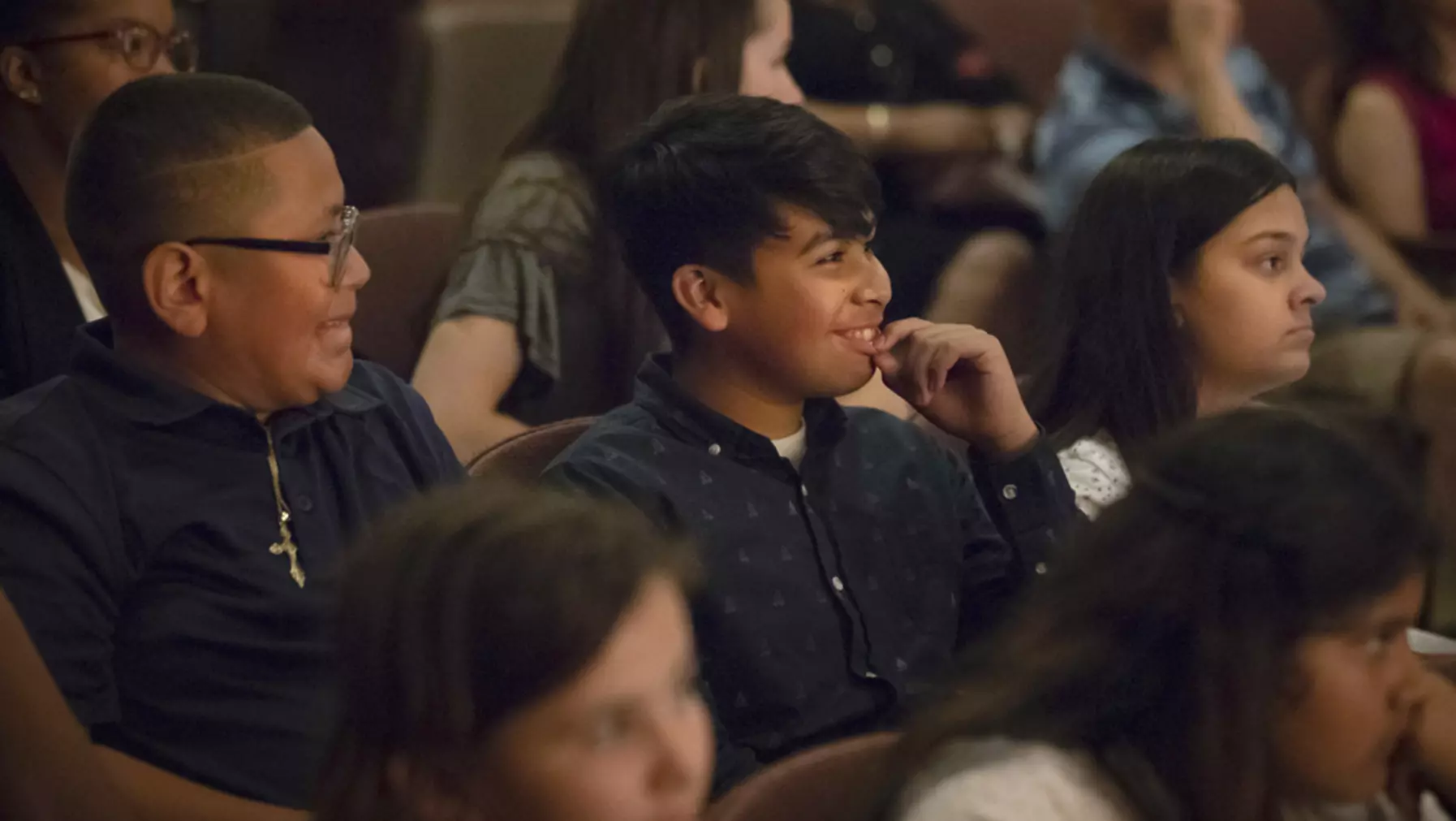Gold Group (7th and 8th Grade)
Spaces for Everyone: An Adventure in Home Design
This hands-on theme lets students design their ideal “homes” while using STEAM principles. What does a home look like in the past, present and future? Is it a single family home or a multi generational home? They’ll explore topics like sustainable energy, materials, and environmental impact, and use tech tools to create smart home features. Students will work in teams to solve real-world challenges like space and structure, while considering global issues such as climate change and housing shortages. The arts will help them design creative, functional spaces, and math will be used for planning and budgeting. By the end, students will gain valuable skills in teamwork, problem-solving, and critical thinking, while being inspired to make a difference in their communities.
Green Group (9th and 10th Grade)
Ripple effect: Exploring the Connection Between Salmon, Water, and the Community of Puget Sound
The focus will be on the rich history of Puget Sound and Tacoma, emphasizing the significance of fishing and water rights in the community. Students will explore the life cycle and habitat of salmon, investigating how water quality, climate change, and human activities affect this vital food source for local wildlife and communities. Through this immersive experience, students will connect their learning to the challenges and opportunities within their own community, fostering a deeper understanding of environmental stewardship and cultural heritage in the Pacific Northwest.
Blue group (11th and 12th Grade)
Keep it Movin’
Through hands-on projects and collaboration, students will engage with STEAM concepts as they explore the evolution of transportation, from horse-drawn carriages to modern technologies and future innovations. The course will cover key historical milestones and technological advancements that shaped our communities, with a focus on current and future local transit systems.





